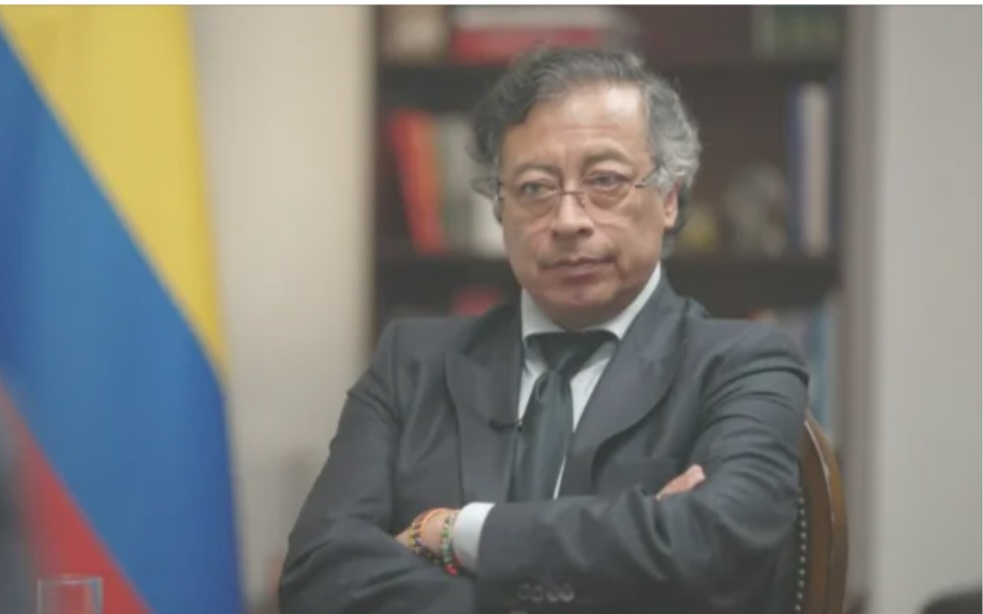
Esther Imonmion
The waters of the Caribbean Sea have once again become the center of global controversy. Earlier this month, US President Donald Trump ordered missile strikes on boats suspected of trafficking drugs. The explosions left at least 17 people dead, their vessels reduced to smoldering wrecks adrift at sea. While Washington defended the campaign as part of a broader war on fentanyl and narcotics, in Bogotá, Colombian President Gustavo Petro saw something different—what he called an “act of tyranny.”
Petro’s rebuke came not in whispers but on the world stage. Speaking in New York during the UN General Assembly, he questioned why lethal force had been the first resort. “Why launch a missile if you could simply stop the boat and arrest the crew?” he asked the BBC, his tone sharp with disbelief. For Petro, who has long positioned himself as a critic of Washington’s heavy-handed policies in Latin America, the killings were unnecessary, brutal, and a betrayal of international norms. “That’s what one would call murder,” he said, insisting that maritime seizures should come with “zero deaths.”
In the middle of his criticism, Petro evoked Colombia’s own record. For decades, Bogotá has worked with US and international agencies to intercept cocaine shipments without resorting to bloodshed. To him, the missiles represented not justice but excess. “If you use anything more than a pistol,” he argued, “the principle of proportionality has been broken.” His words carried both outrage and warning—that the law had been violated and accountability must follow, especially if Colombians were among the dead.
But Donald Trump stood firm, portraying the strikes as a necessary show of American strength. From the White House podium, he vowed to “use every element of American power” to halt drugs flooding into US cities. His officials linked the destroyed boats to Venezuela’s Tren de Aragua gang, though evidence remains disputed. As always, Trump framed the action as decisive, bold, and non-negotiable.
The clash between the two men runs deeper than this moment. Petro reminded listeners that Donald Trump had once labeled him a terrorist during a campaign season insult. Now, as both sit in positions of power, their old animosities have resurfaced on an international stage. “We will not bow down to the king,” Petro declared, casting Trump’s tactics as humiliating for Latin America. In Petro’s telling, it is not Colombia that risks isolation but the United States itself—alienating allies by choosing force over dialogue.
Since reclaiming the presidency in January, Trump has sharpened his hardline approach to the region, deploying thousands of Marines to the southern Caribbean and labeling drug-trafficking groups as terrorist organizations. Yet the fallout from the latest strikes suggests that Washington’s show of might has also revived old fears of gunboat diplomacy.
As the dust settles over the Caribbean waves, the divide remains clear: Gustavo Petro sees unnecessary death where Donald Trump sees victory. Between them lies not just a dispute over drug boats, but a larger battle over sovereignty, justice, and the meaning of power in the Americas.
